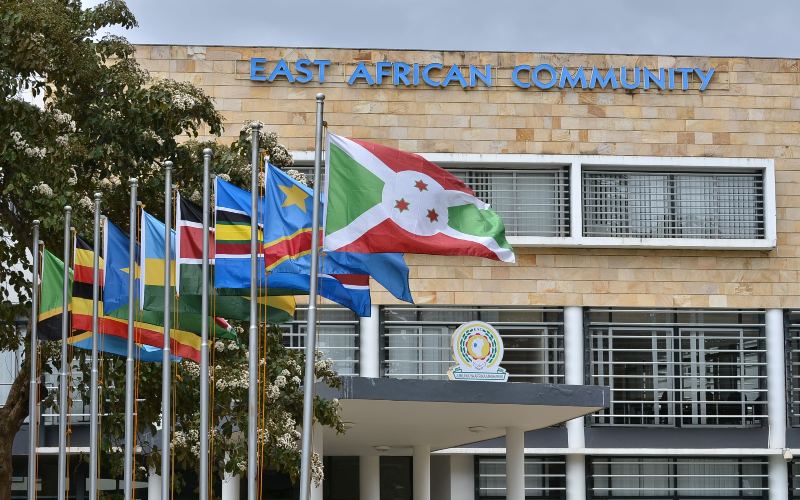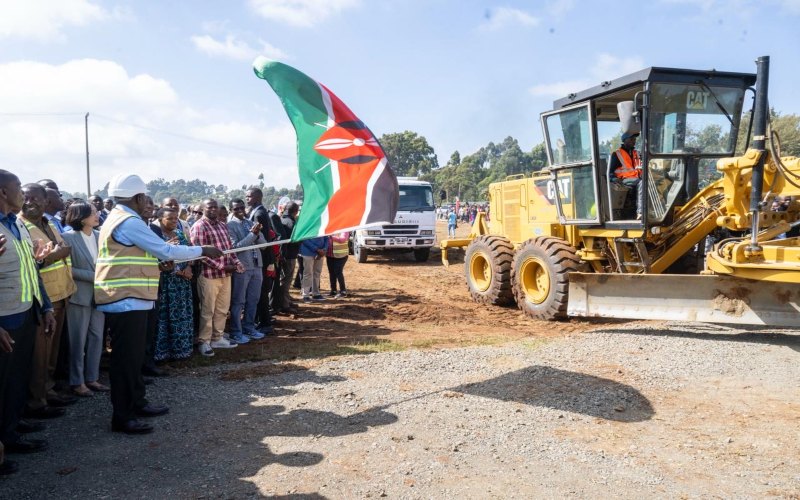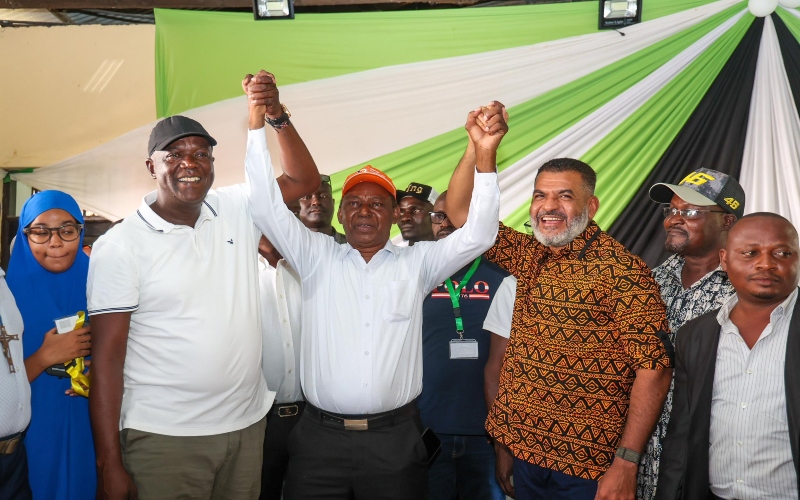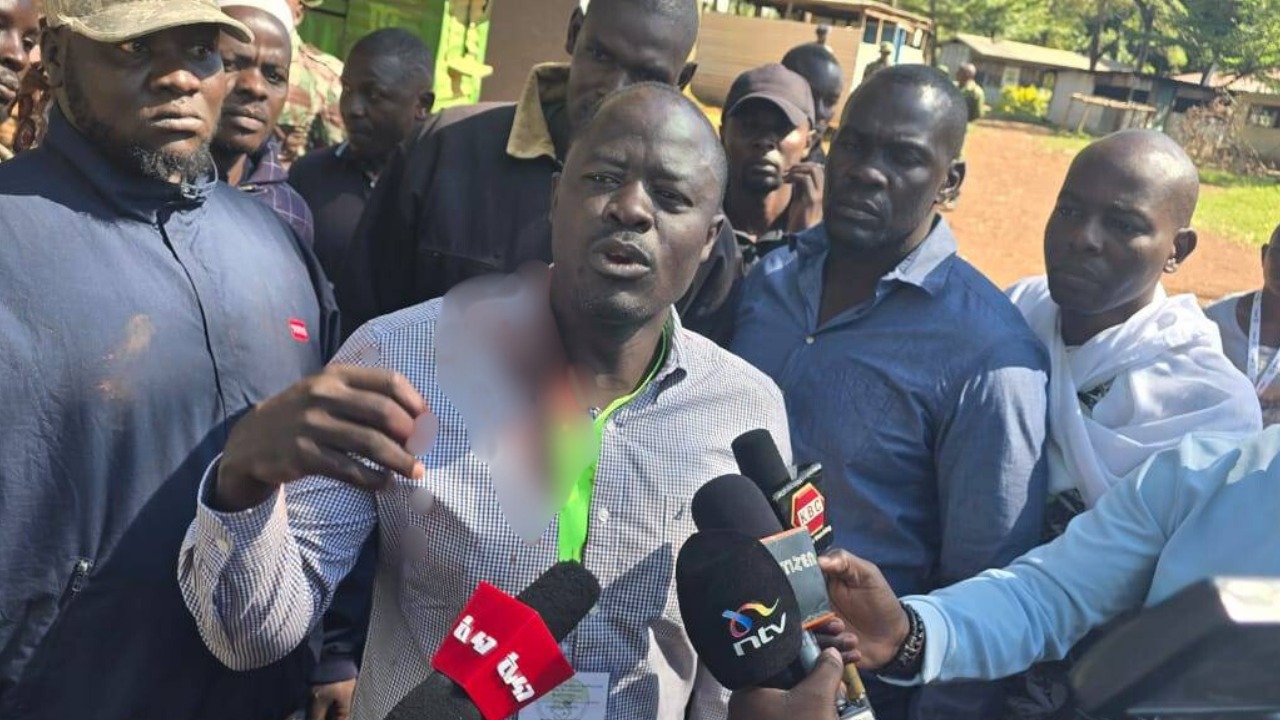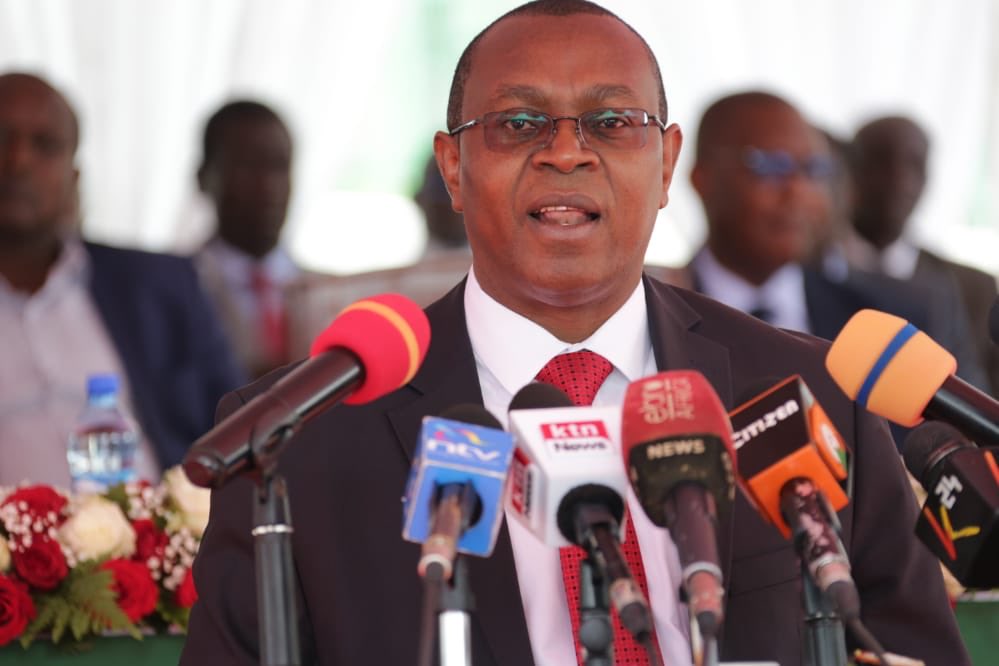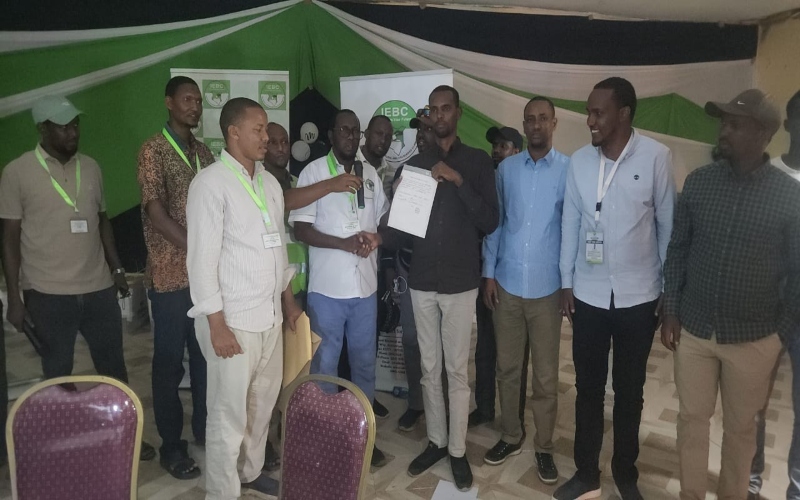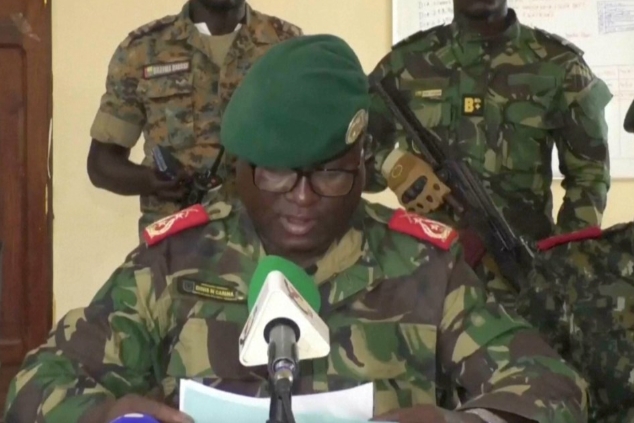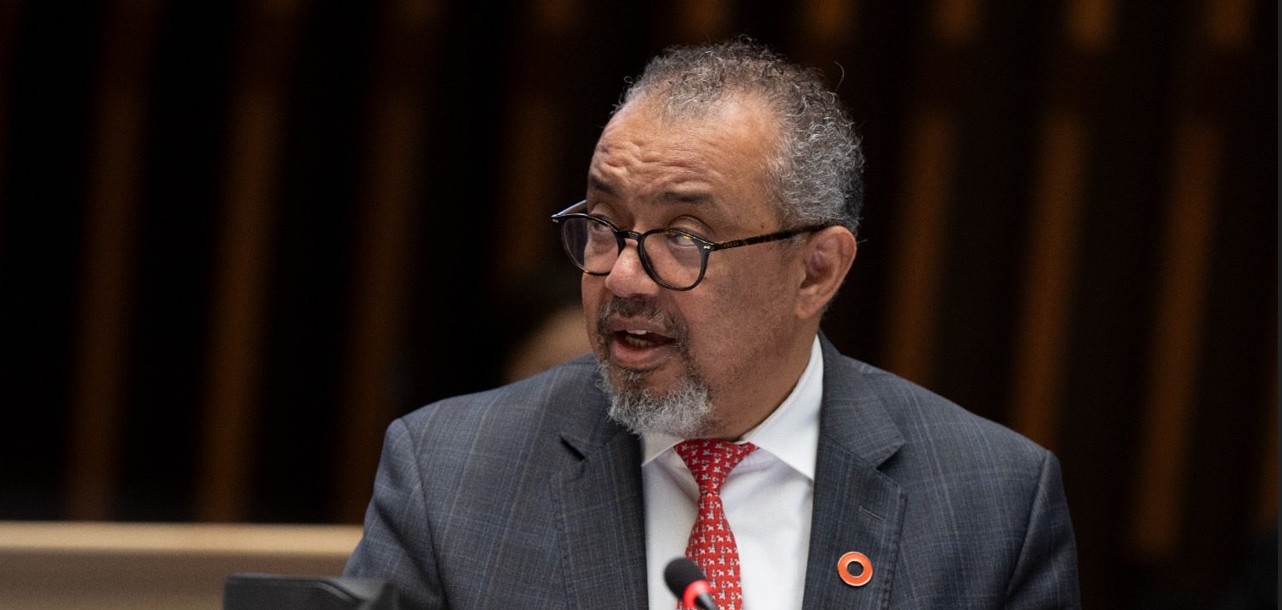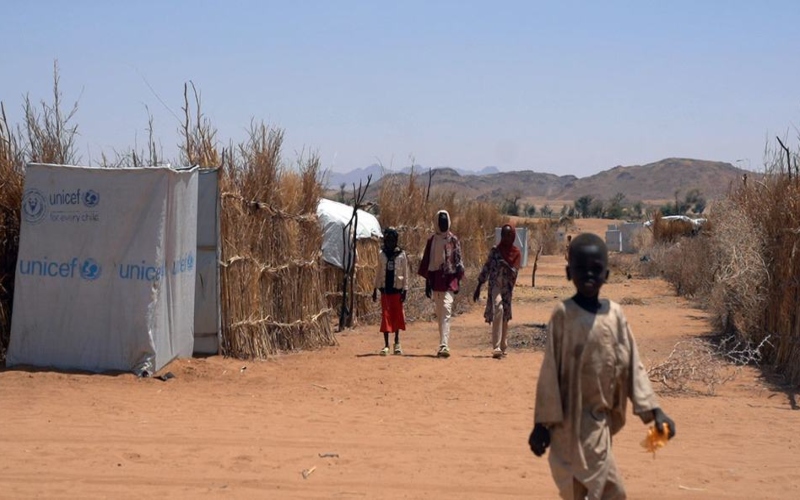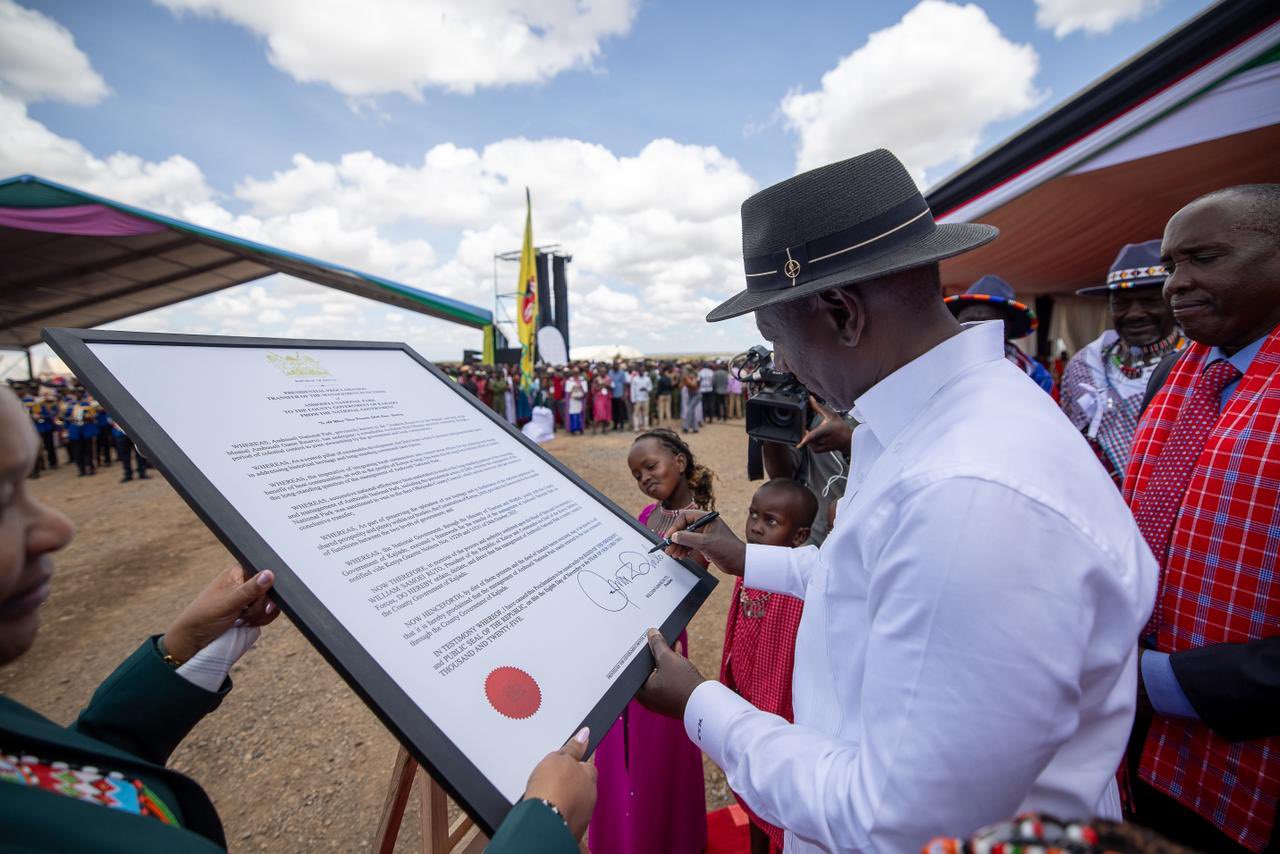CS Joho proposes mineral exploitation as solution to Kenya's rising debt
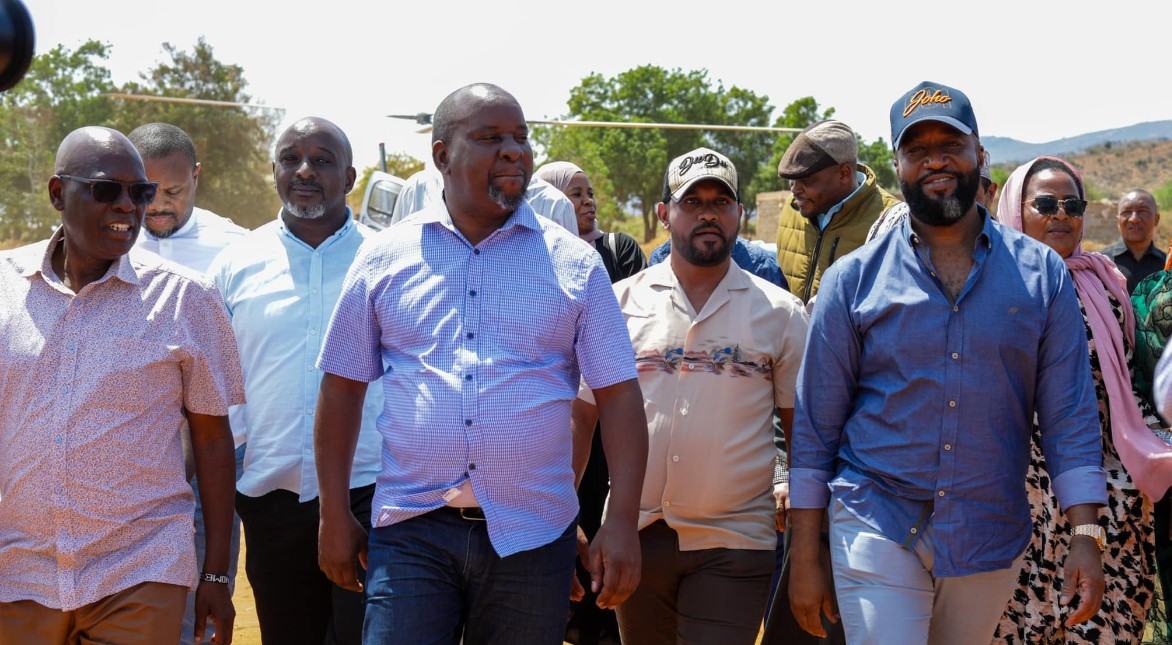
Joho suggested that, with the country's ample mineral resources, responsible exploitation could help address the Ksh10.5 trillion debt challenge, which is weighing down on taxpayers.
Mining Cabinet Secretary Hassan Joho has ignited a debate over how Kenya might alleviate its substantial foreign debt using domestic resources.
Joho, who spoke at a stakeholder engagement with leaders and community representatives of Kishushe Cooperative Ranch in Taita Taveta County on Friday, proposed that responsible mineral exploitation could play a crucial role in easing the country's debt burden, with the total credit standing at Sh10.5 trillion.
More To Read
- UN report says mining boom threatens green energy goals without stronger oversight
- Report: Africa trailing in global mining exploration spending
- Murkomen orders arrests of commercial miners operating illegally in Turkana, West Pokot
- CS Hassan Joho blames conflicting advisories for delay in appointing fisheries boss
- Government orders closure of illegal gold mines in West Pokot after deadly accidents
- Turkana, West Pokot mining disputes expose licensing gaps
This suggestion comes as Kenya grapples with a troubling surge in debt levels, raising concerns among policymakers and development experts. Adding to the financial strain, an International Monetary Fund-backed Finance Bill proposing new tax measures was withdrawn after triggering nationwide protests from June 18 to August 8, with additional demonstrations planned for next week.
Joho suggested that, with the country's ample mineral resources, responsible exploitation could help address the Ksh10.5 trillion debt challenge, which is weighing down on taxpayers.
However, he insisted that loopholes, such as the relapse of law enforcement officers and cartels who exploit the sector, must first be sealed in his revenue generation measure.
"Our officers come from various law enforcement agencies. How do you allow illegal mining to take place in the areas you are manning? So, county commissioner, we start here in Taita Taveta. For anyone engaging in illegal mining in this area; I am giving a directive and you take responsibility," Joho read a riot act and encouraged the law enforcement officers to step up and take action.
"I won't be cowed. I was given this responsibility, and I must fulfil my mandate. You must help us deliver. Mining has a lot of opportunities. Debt currently burdens this country. I think one way the country can get itself out of the current debt crisis is to exploit our minerals so that we can get the funds to service our debt," he added.
Estimates place Kenya's mineral wealth at over Ksh 3 trillion, with significant contributions from minerals such as titanium, gold, and soda ash. Titanium, extracted primarily from the Base Titanium project in Kwale, alone contributes approximately Ksh 14 billion annually to the economy through exports.
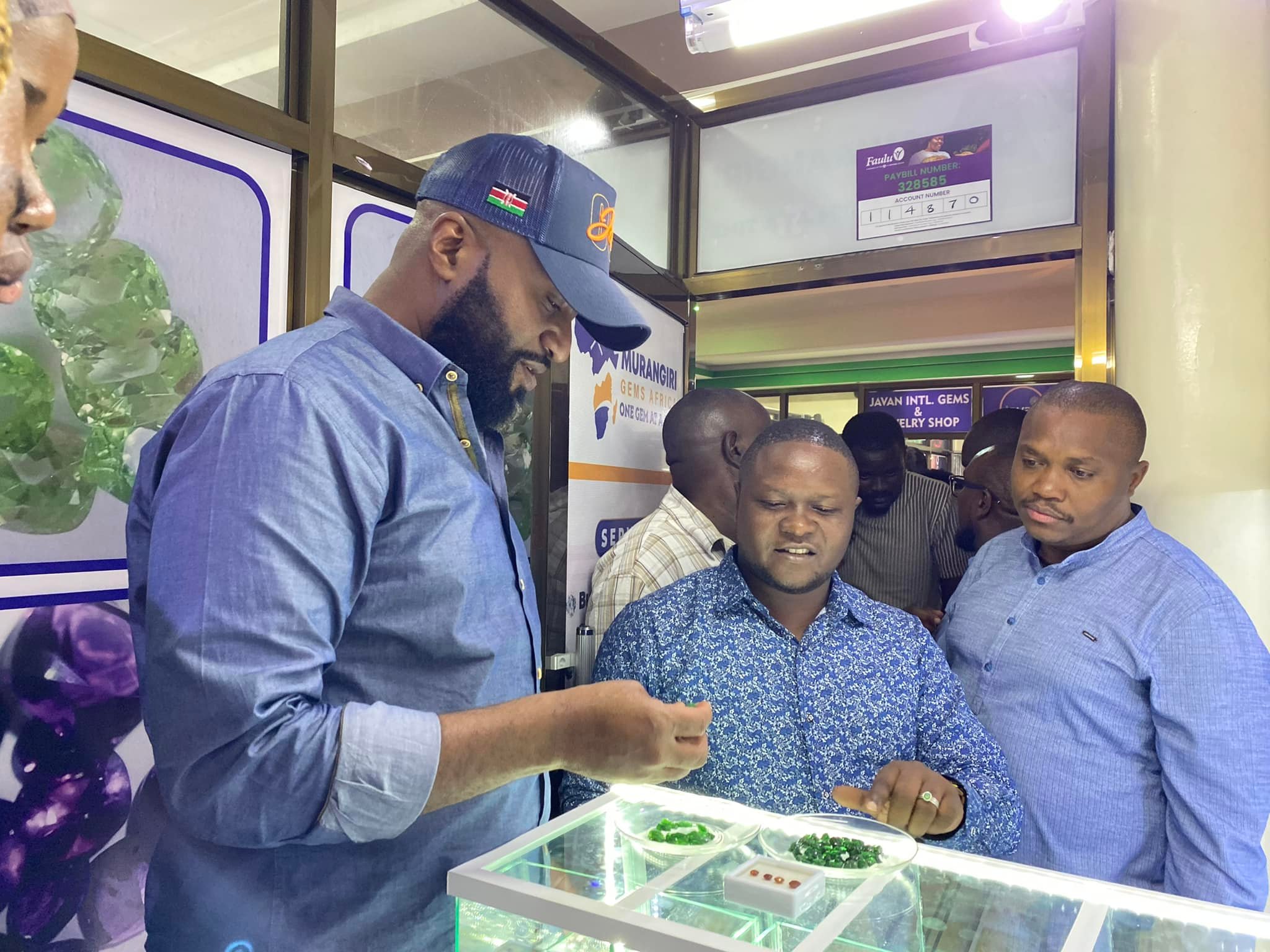 Mining CS Hassan Joho tours the Voi Gemstone in Taita Taveta County on Friday, August 16, 2024. (Photo: Hassan Joho)
Mining CS Hassan Joho tours the Voi Gemstone in Taita Taveta County on Friday, August 16, 2024. (Photo: Hassan Joho)Mining CS Hassan Joho tours the Voi Gemstone in Taita Taveta County on Friday, August 16, 2024. (Photo: Hassan Joho)
For instance, gold mining, concentrated in Western Kenya, is a key contributor, with estimates suggesting it brings in around Ksh 15 billion annually.
Kenya is also one of the leading global producers of soda ash, with an annual value of about Ksh 9 billion from Lake Magadi. Furthermore, estimates place the value of the country's untapped rare earth elements, discovered in regions like Kajiado, at billions.
Overall, the mining sector contributes a paltry 1 per cent to Kenya's GDP, but with ongoing exploration and investment, this contribution is expected to increase.
Joho plans to seek legislative changes that would require mining companies to pay royalties upfront before extracting minerals.
Current regulations stipulate that mineral royalties are divided among national and county governments and local communities in a 70:20:10 ratio.
Despite existing legislative requirements, Joho noted that miners have exploited a legal loophole by selling minerals and using the proceeds for investment, only returning years later to settle the royalties.
"We have no business entertaining someone who does not want to pay the rightful dues to the Kenyan people and the Kenyan government. We will make a new law where once you are paid, you pay the county, pay the community, and pay the government there and then," he said.
"The government and the people of Kenya are not in the business of waiting; money has value," he added.
Joho has implemented an open-door policy to foster close interaction with people at all levels, emphasising its importance for understanding community needs and addressing challenges to enhance service delivery.
During the stakeholder engagement, he directed county-level mining officials to prevent any mining firm from promising to pay royalties only after selling minerals.
Top Stories Today
